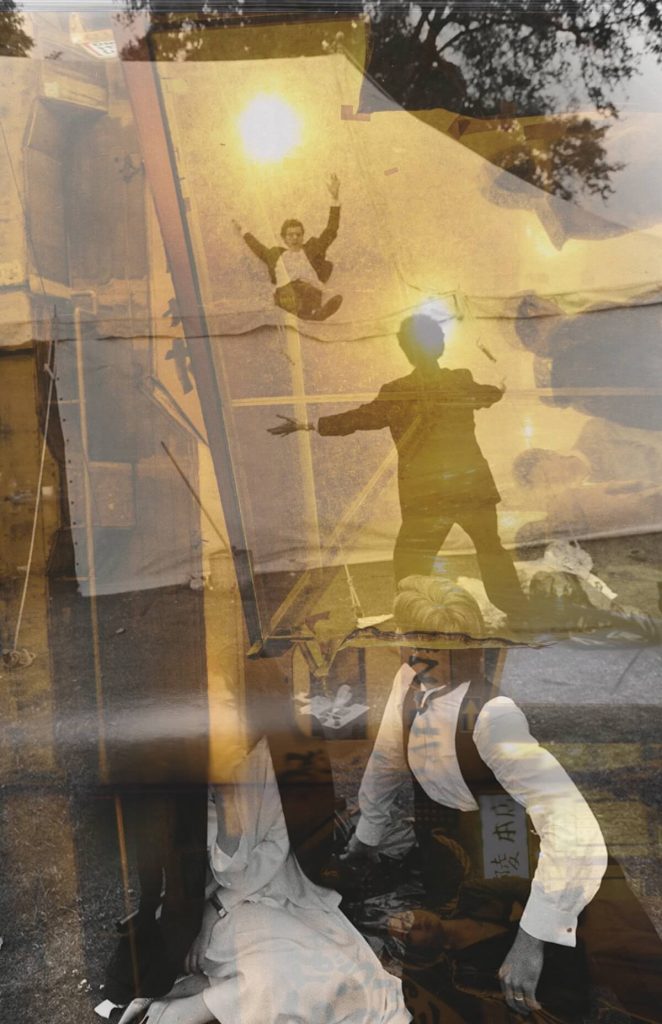With the dissolution of the Eastern Bloc in 1989, transformation has started. The countries such as Poland, Czechoslovakia, Hungary, Romania, and Bulgaria changed their political vector from the East to the West. Political and economic changes were done fast – to a greater or less successful degree.
Download full article:
ROMAN MÁCA “GOOD OLD TIMES” FAKE NEWS MACHINE IN THE CZECH REPUBLIC
The system was changed, but the people remained. The same inhabitants with their views on life and work, with their values, hopes, and worries. The new arrangement also brought new responsibilities.
Not everyone from the countries going through the process of transformation was ready to take responsibility of their supposedly brighter future. The disappointment came, followed by such statements as: “Before 1989, I had a flat from the state, I had a guaranteed job, my life was easier.”
Selective memory and simply remembering the years of your youth followed by disappointment and challenges of a new and globalized world raised a level of nostalgia for the so-called “good old times”. This nostalgia can be understood in the current Russia as a successor of the Soviet Union, but is rather difficult to grasp in Central and Eastern European countries – the former vassals of the USSR.
This kind of nostalgia can be also seen in the Czech Republic, which translates well into a case study of relevant subjects, narratives, and mechanisms used for efforts for a revision of the political direction after 1989.
Internet Novices and Expansion of Pro-Kremlin News Websites
Some fifteen years ago, when the reorientation to the West was somewhat complete, we stepped into the Fourth Industrial Revolution, the era of Internet, and mass digitization. Earlier, the world online was accessible mostly for academics and professionals. The price for the connection was also high, and the speed very limited.
Nowadays, the Internet is the cheapest way for entertainment, information, and orientation. For a few Euros a month, one can find everything they need at the very moment in time. Needless to say, the Internet’s role as a primary source of news is becoming increasingly significant every year.
Interestingly, having gained popularity among elderly people, the Internet and social network users have been getting older too. The number of Czech Internet users in the category 65+ jumped from 6% in 2008 to 38% in 2018. The number of users of social networks in the category 65+ became four times higher between 2013 and 20181.
The year 2014 may be considered a milestone for the Czech media space, when dozens of so-called “pro-Russian news websites” spread in the Czech Republic2. Their agenda has also become replicated and amplified by various politicians (far-right, or far-left), often admiring a mindset of the Russian leaders.
The elderly, as Internet novices, during the last several years entered a world full of hoaxes, disinformation, conspiracy theories, and hate speech. Such problematic content is commonly produced and spread by domestic and foreign subjects to promote political goals – or, simply, to generate clicks and thus earn money.
The older users thus entered the world of manipulation that play on their emotions, especially fear and hate. They gained access to a kind of artificially created and manipulated virtual reality, where millions of “terrorists” are said to be on the way to their small villages or where NATO wants to provoke a nuclear war with Russia.
DOWNLOAD FULL ISSUE (PDF):
Single Page Spread
1 Czech Statistical Office (2019) Jednotlivci. Available [online]: https://www.czso.cz/documents/10180/90577061/06100419c.pdf/3f2e4e4e-cbdb-4e6c-8904-c21160ddaea8?version=1.2 [in Czech]
2 https://www.bbc.com/news/world-europe-32070184



